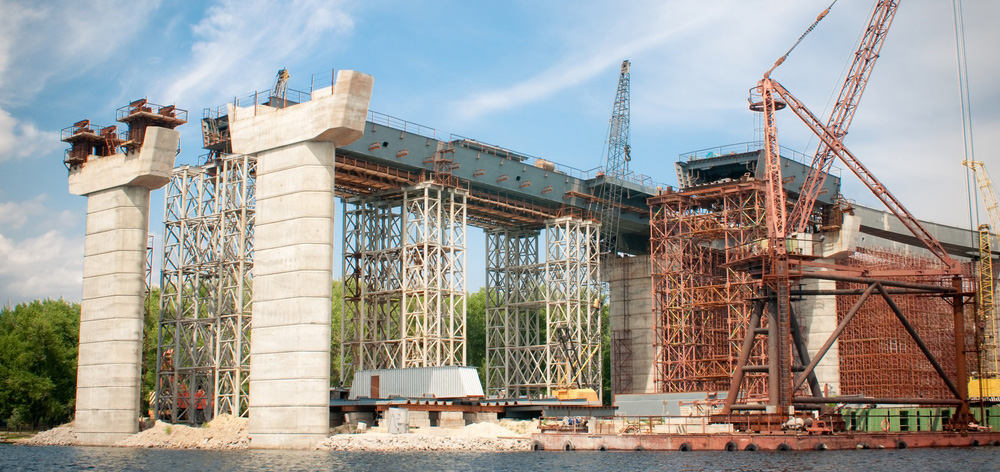
MCMS is regarded as one of the UK’s leading dispute resolution practices. Members of MCMS’s professional team can be appointed to act as arbitrator, adjudicator, expert determiner or mediator, and are available to act as expert witness. With extensive experience in all aspects of construction dispute resolution and avoidance, MCMS is able to offer an unrivalled level of support and knowledge to its clients.
Acting as Tribunal
Having acted as third party neutral in a combined total of approximately 800 references, MCMS’s qualified professionals are able to offer almost unrivalled experience when appointed to decide a dispute. Tribunal appointments have included UK and international construction, engineering, infrastructure and power generation projects, with disputes ranging in value up to £87m. Contracts have included JCT, NEC and FIDIC standard forms, PFI and PPP contracts, utility contracts and many bespoke forms. MCMS’s professionals have been appointed as adjudicator, arbitrator (either sole arbitrator or part of three person panels), expert determiner or mediator, by nominating body appointment, agreement by the parties or through being named in the parties’ contract. Members of the MCMS professional team are also available to sit as dispute board members.
Panel memberships include:
The Centre for Effective Dispute Resolution (CEDR)
The Chartered Institute of Arbitrators (CIArb)
The Chartered Institute of Building (CIOB)
The Construction Industry Council (CIC)
The Federation of Master Builders (FMB)
The Royal Institute of British Architects (RIBA)
The Royal Institution of Chartered Surveyors (RICS)
The Technology and Construction Solicitors Association (TeCSA)
Expert Witness
MCMS is able to provide experienced experts to act either as party appointed expert, single joint expert, court appointed expert or arbitrator appointed expert. Our team have experience in giving expert evidence on a variety of matters including valuation, delay analysis, building defects, the administration of contracts, construction contract completion issues, negligence of surveyors, and dilapidations. Expert evidence has been given in writing and orally, both in court and arbitration.
The overriding duty of any expert is to the court or tribunal, and MCMS’s experts are fully conversant with the practice guidelines and codes of conduct issued by their own professional institutions, the Civil Procedure Rules and the Protocol for the Instruction of Experts to give Evidence in Civil Claims.
Party Representation & Litigation Support
It is usually desirable to negotiate a solution or settlement without resorting to formal dispute resolution proceedings. MCMS will actively support and assist its clients in achieving this wherever possible, whether through negotiated settlement, mediation or other appropriate means. Where it is not possible to avoid more formal proceedings, MCMS can either provide direct party representation or offer strategic advice and/or claim preparation services in conjunction with the client’s retained team. Because members of MCMS’s professional team also act as adjudicator, arbitrator, mediator and expert, MCMS’s clients are able to benefit from the significant insight and knowledge gained from this experience. Where it is necessary to appoint a solicitor or counsel, MCMS can advise on suitable firms or individuals to best meet the individual needs of its client and their dispute.
Delay Analysis
Disagreements centring on construction delays are extremely common. Whilst it may be obvious that a project is late, ultimate culpability for delay can be complex and difficult to prove. MCMS has the technical expertise to analyse and provide sound advice on contractual delay, disruption and acceleration issues. Using our practical experience, together with powerful professional software, we employ industry and court recognised retrospective delay analysis techniques including:
• As-Planned v As-Built
• Impacted As-Planned
• Collapsed As-Built
• Window or Time Slice Analysis
MCMS can also assist in the quantification of costs related to delays and disruption.


